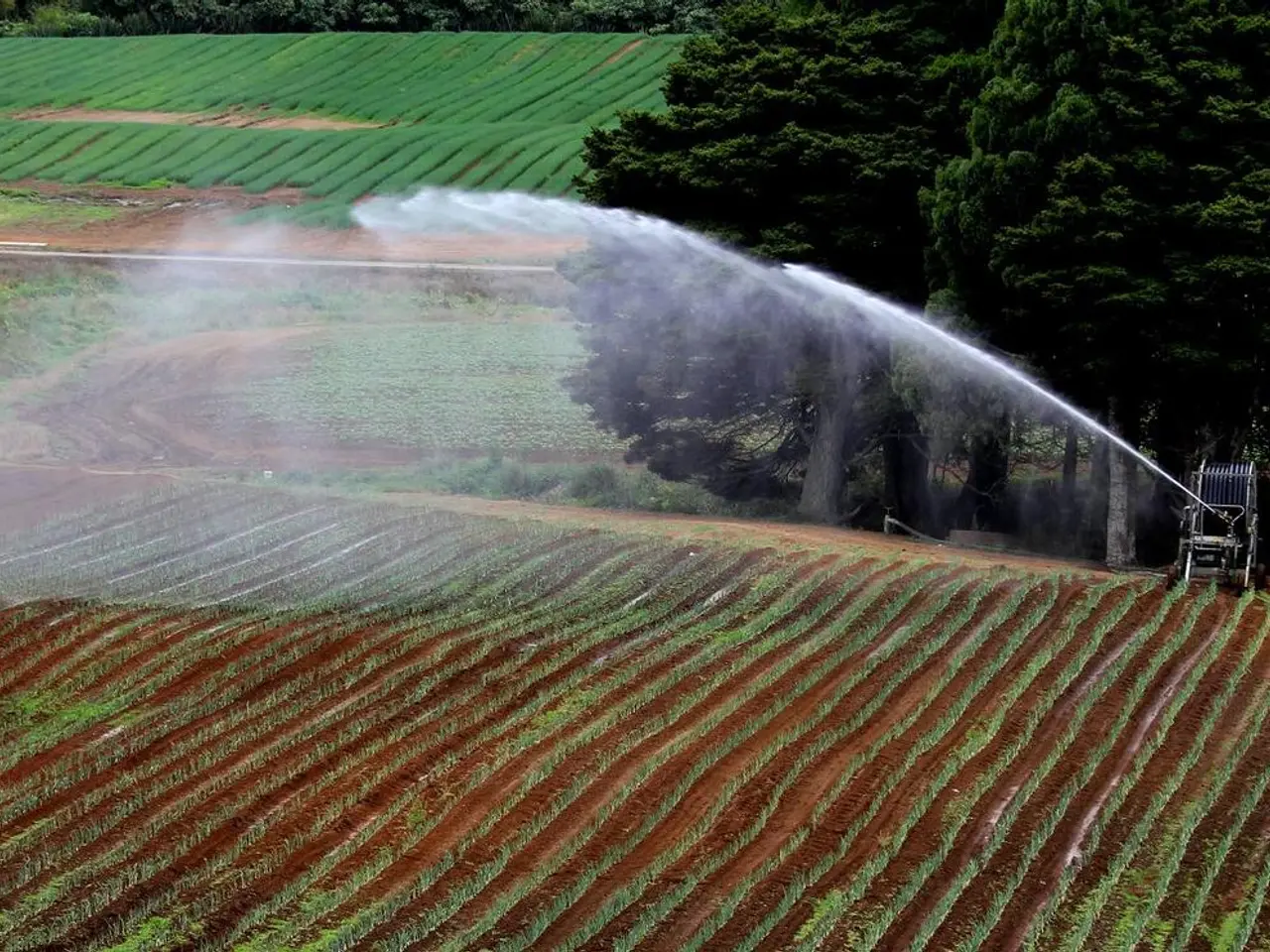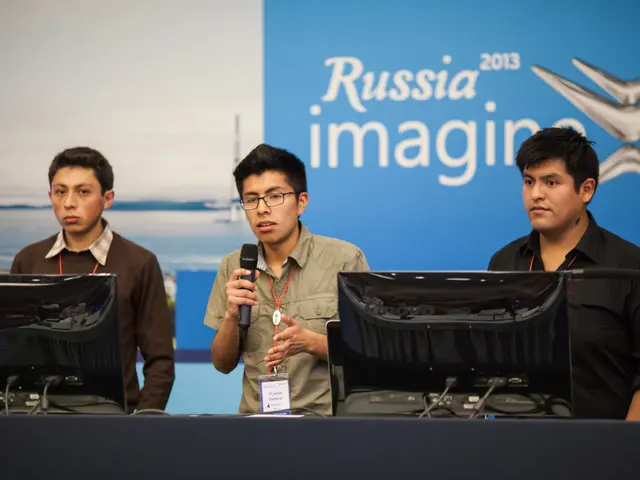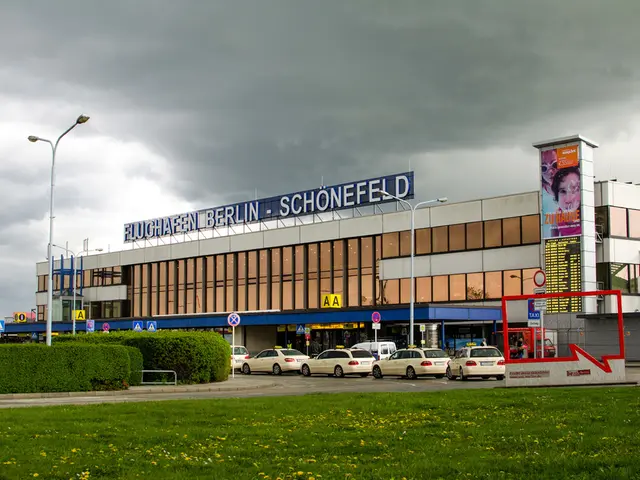Germany Reevaluates Farming to Balance Climate, Food, and Biodiversity
Germany is reevaluating its agricultural practices, aiming to balance climate protection, food security, and biodiversity. The government is promoting sustainable farming through subsidies and research funding, while also addressing water scarcity and land use changes.
By 2030, global water demand is expected to outstrip supply by 40 percent. In Germany, unadapted land use has led to a loss of approximately 760 million tons of water annually over the past two decades. Anne Arnold, a forest scientist, has highlighted the need to address this trilemma, focusing on climate protection, food security, and biodiversity.
The German government is supporting this transition through subsidies for sustainable practices. These include promoting organic farming, funding research, and providing advisory services to help farmers shift to ecological systems. Subsidies are linked to ecological improvements, rewarding ecosystem services. This approach encourages diversity in species and varieties, essential for adaptation to climate change.
Rethinking economic viability is crucial. Instead of focusing solely on costs, investments for operations should be considered. Ecologically managed systems can be productive and secure in climate change conditions. Moving away from industrial forestry and agriculture towards ecologically sustainable systems is therefore necessary.
Germany's agricultural transformation is underway, driven by the need to address water scarcity, land use changes, and the trilemma of climate protection, food security, and biodiversity. Through subsidies and research funding, the government is supporting a transition to ecologically sustainable systems that are productive and secure in the face of climate change.
Read also:
- Rising state pension ages disproportionately impact a particular demographic, raising questions about the necessity of extending working years.
- Increase in mortality among seniors due to falls
- Inquiries Frequently Encountered
- Greece pursuing building techniques without the use of traditional heating methods







